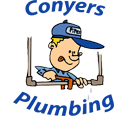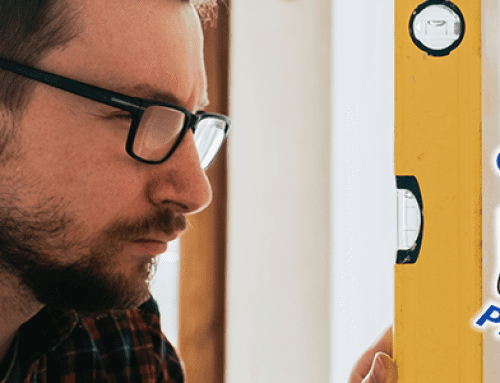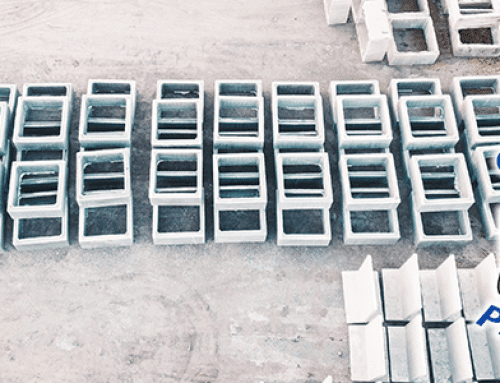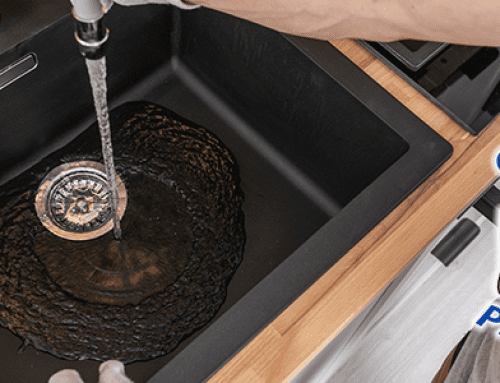Unleashing the Secrets of Repairing Your Broken Pipe: A Guide From Conyers Plumbing
A Broken pipe can be a headache for any homeowner. The nightmares of having water flooding your home, damages to your furniture and electrical systems, and the cost implications of fixing it can be overwhelming. However, this should not be the case when you have the skill and knowledge of repairing them from Conyers Plumbing, a leading plumbing company in Hillsborough County, FL. In this guide, we focus on telling you everything you need to know about repairing your broken pipes. From identifying the root cause of the issue, tools required, repair procedures, and useful tips – this guide has it all.
Section 1: Causes of Pipe Damages
The causes of pipes breaking can vary depending on the situation. One critical cause of pipes breaking is a high water pressure that eventually causes the pipe to burst. Another common reason is exposure to extreme temperatures, which results in the pipe expanding or contracting, leading to cracks, leaks, or fractures. Other factors that may lead to pipes breaking are old age, faulty fittings, and physical damages like digging near pipelines.
Section 2: What to Do When You Suspect a Broken Pipe
If you suspect a broken pipe, the first step is to immediately turn off the main water supply to your home. This step will prevent more water from leaking and causing further damage. The second step is to inspect the area around the pipes to identify the source of the problem. If you realize that the pipes have burst, a quick solution is to use a good-quality repair clamp to cover the burst area temporarily.
Section 3: Tools Used in Repairing a Broken Pipe
The tools required in repairing a broken pipe include a pipe cutter, pipe wrench, repair clamp, couplings, saw, Teflon tape, and soldering kit. These tools vary depending on the nature of the damage or pipe location. Having these tools at hand can be helpful if you are planning to repair the broken pipes yourself.
Section 4: Types of Pipe Materials
Different types of pipes materials used in plumbing may vary in their properties like flexibility, durability, and strength. Some common types include Polyvinyl Chloride (PVC), Copper, and Galvanized Steel. Understanding the type of pipes you have installed in your home is essential in determining the repair procedure to be used, and it can also help you choose a better long term solution for the problem.
Section 5: DIY Approach to Repairing Broken Pipes
It can be challenging to repair broken pipes, especially if you are not a plumbing expert. However, if you are confident with your plumbing skills and the correct tools, you can do it yourself. The first step in DIY repair is determining the type of damage and selecting the right repair method. Suppose you don’t have an idea in DIY repair. In that case, it’s always recommended that you engage a qualified professional plumber like Conyers Plumbing to handle the situation for better results.
Section 6: Hiring a Professional Plumbing Service
When you come across complicated and complex pipe damages that require professional expertise, it’s wise to hire a professional plumbing service. Conyers Plumbing has experienced and skilled plumbers with vast knowledge in handling commercial and residential plumbing issues. Hiring professional service with years of expertise and experience assures you of excellent workmanship, proper utilization of repair equipment, and warranty coverage.
Section 7: Precautions to Take When Repairing Broken Pipes
When repairing broken pipes, it’s critical to take necessary precautions. For instance, you have to turn off the main water supply to avoid further damage during repair. Additionally, ensure you are wearing protective gear like gloves, goggles, and overall to protect yourself from sharp edges, acidic glue, and cleaning agents used during the repair.
Section 8: Cost Implications of Repairing Broken Pipes
The cost of repairing broken pipes varies depending on factors such as the type of damage, location of the pipes, and urgency of the situation. A DIY repair may be a cheaper option, but it does not guarantee a permanent solution. Engaging a professional Plumbing service to handle your situation will save you from turning a simple leakage into a more complicated problem that could cost you more.
Section 9: Conclusion for Repairing a Broken Pipe
In conclusion, repairing broken pipes requires a lot of expertise, and the choice of the method you use depends on the extent of the damage. Engaging a professional service like Conyers Plumbing ensures that you have an experienced and knowledgeable partner in handling your complex plumbing problems. Conyers Plumbing is a certified, reliable, and affordable plumbing company in Hillsborough County, FL.




